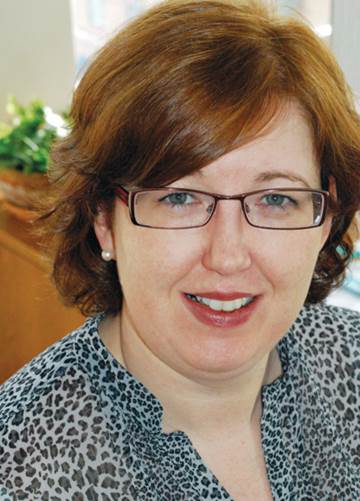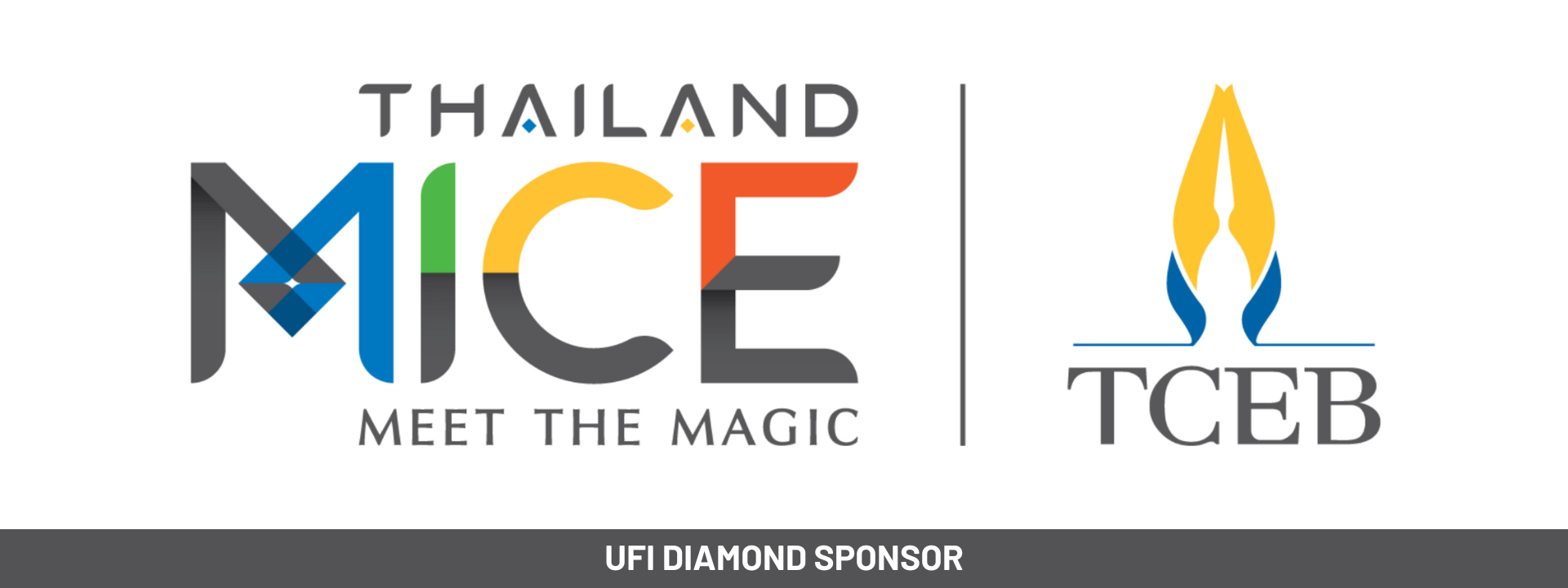
Mary Larkin, UFI Incoming President.
For those of you who may have missed it, Diversified’s Mary Larkin joined the UFI presidential trio at UFI’s annual congress in St Petersburg earlier this month. As part of her new role, Larkin will work on increasing the number of women in leadership positions within the global exhibition industry.
Her newfound platform to advocate gender equality and diversity is underpinned by a call for action. Consider the Thursday afternoon panel discussion in St Petersburg: a tour-de-force of industry leaders using results from UFI’s recent survey and publisher M&A, titled ‘Women in the Exhibition Industry – Equal Status or Lagging Behind?’. It brought regional insight on the global topic from the five panellists: IMEX’s Carina Bauer (UK); Gwen Kaufmann, Deutscher Fachverlag (Germany); Mary Larkin, Diversified Communications (USA); Monica Lee-Müller, Hong Kong Convention and Exhibition Centre (Management) Limited (Hong Kong); and Sonia Thomas, UFI (France), but more voices are being provided with a platform in our industry and beyond.
The broader industrial gender equality movement finds momentum from activity in the private and public sector. The UN Women’s HeForShe solidarity movement, for instance, encourages men and women to actively support gender equality and women empowerment. World leaders gathered at the HeForShe IMPACT Summit in September, where HeForShe released their ‘Emerging Solutions for Gender Equality Report’, containing 30 emerging solutions on how to attain gender equality.
Earlier this year, global visionaries witnessed history being made at the 2018 World Economic Forum (WEF) in Davos, Switzerland where, for the first time in WEF’s 48-year history, the summit was chaired entirely by women.
In the business events industry, we are seeing a growing number of schemes, campaigns and initiatives being implemented. Fay Sharpe’s UK-based mentoring programme Fast Forward 15 (FF15), for example, aims to inspire, encourage and empower women in MICE, hospitality and related industries; while MECC Maastricht’s Oana Cipca, founder of the Women in Exhibitions Network initiative, is using events as a platform to jump-start female empowerment.
Cipca says they want to empower women through the events they organise and work with women on developing specific skills, including taking the lead to present themselves, and breaking their comfort zone. “We encourage women to register with our network and make their voice heard,” she says. In addition to a December event in Munich, plans for 2019 include five international events on the roles of women in the industry.
Addressing the balance in India’s boardrooms
We find similar plans already in motion at the Indian Exhibition Industry Association (IEIA), which partnered with the India Chapter of International Association of Exhibitions and Events (IAEE) to launch the first edition of the Women Leadership Forum (WLF) in Delhi on 30 October. IEIA is set to take the forum to Mumbai, Bangalore and Hyderabad, as part of its agenda to promote gender diversity and inclusive leadership throughout India’s exhibition industry.
WLF is the first of its kind for the exhibition industry in India, where vigorous manufacturing growth and domestic consumption has fuelled the country’s economic expansion. While the long-term impact of WLF is yet to be measured, research suggests economic growth. According to PwC, closing the gender pay gap could boost female earnings across the OECD by over US$2 trillion, an increase of 23 per cent, while increasing the number of women in work could increase GDP across the OECD by over US$6 trillion, an increase of 12 per cent.
There is clearly much room for change. Grant Thornton’s ‘Women in Business: Beyond Policy to Progress’ (March 2018) reveals the percentage of businesses across the globe with at least one woman in senior management grew from 66 per cent in 2017 to 75 per cent in 2018. However, the proportion of senior roles held by women has slightly declined in the same period.
Are companies just ticking the boxes? Perhaps. But it is only through asking the hard questions that we find meaning and direction. We need to encourage transparency at all levels and learn whether women feel they are being valued.
With a collaborative approach including pioneering research, mentoring, events and workshops, we can cement the role of women in directing our industry’s future – standing together as ambassadors for inclusivity, gender equality and diversity.
This piece was produced with help from my colleague Sarah-Claire Picton, who has been following the subject of women on exhibitions very closely for the past year. If you would like to continue the discussion, please reach her at sarah@arc-imedia.com.







Leave A Comment